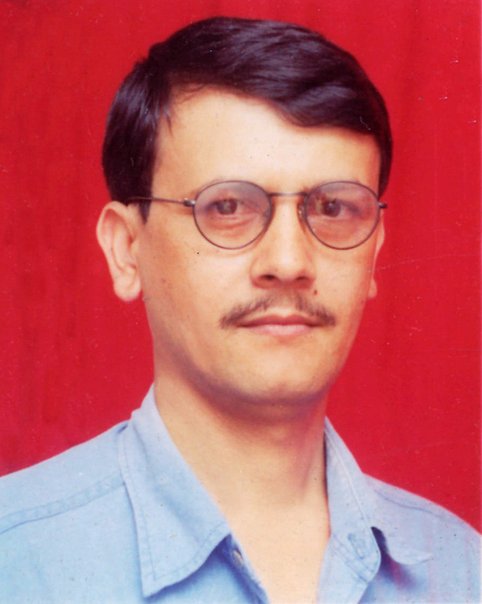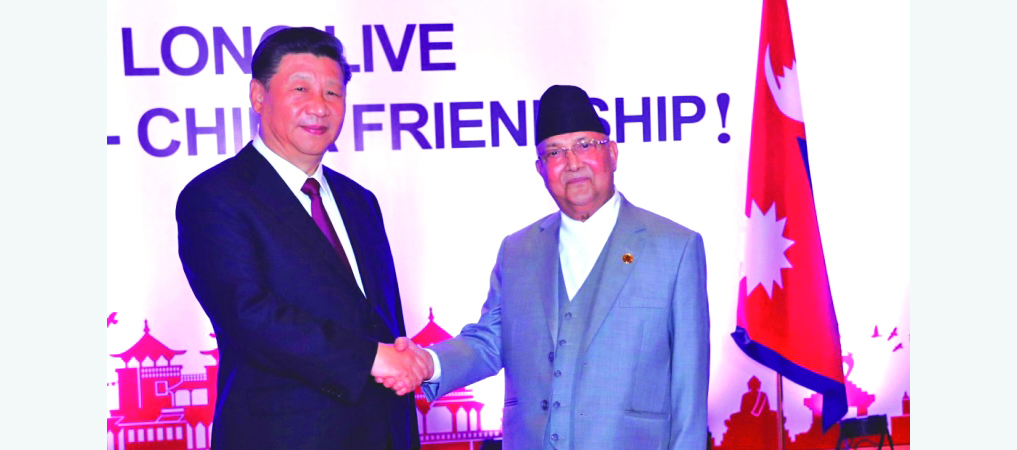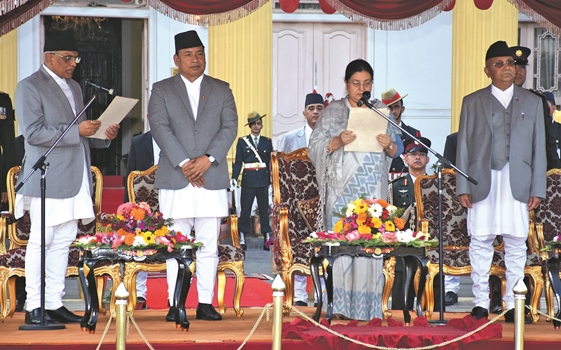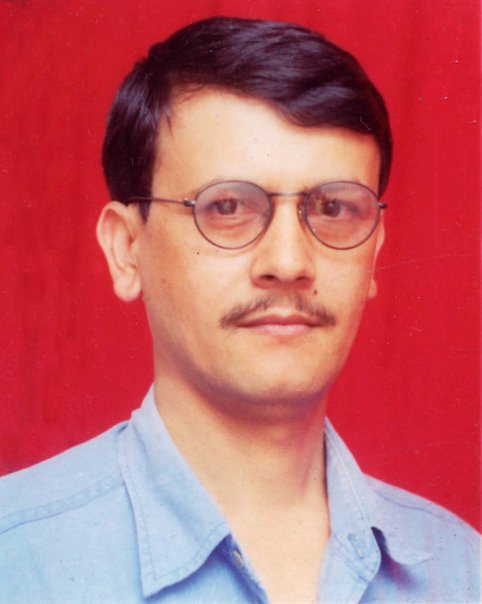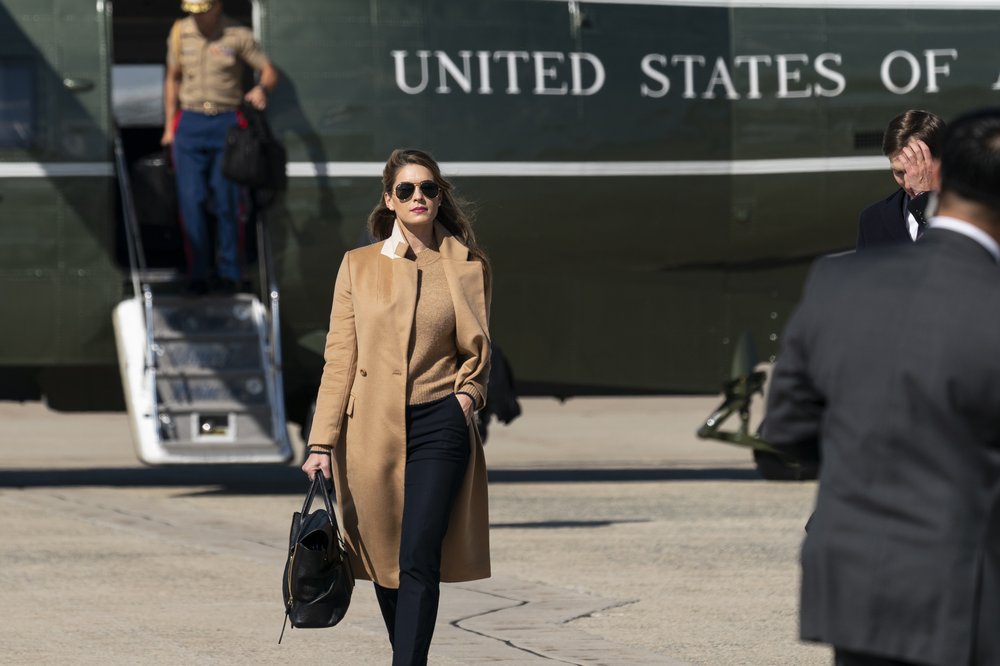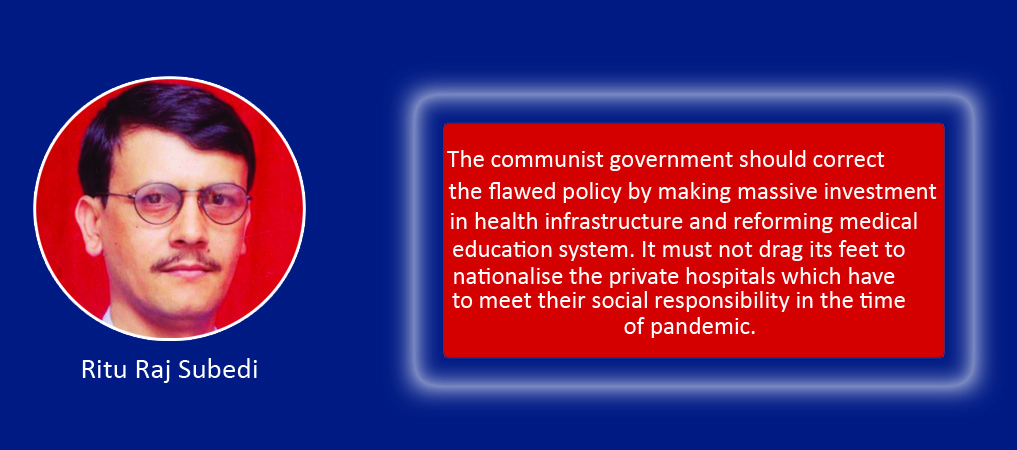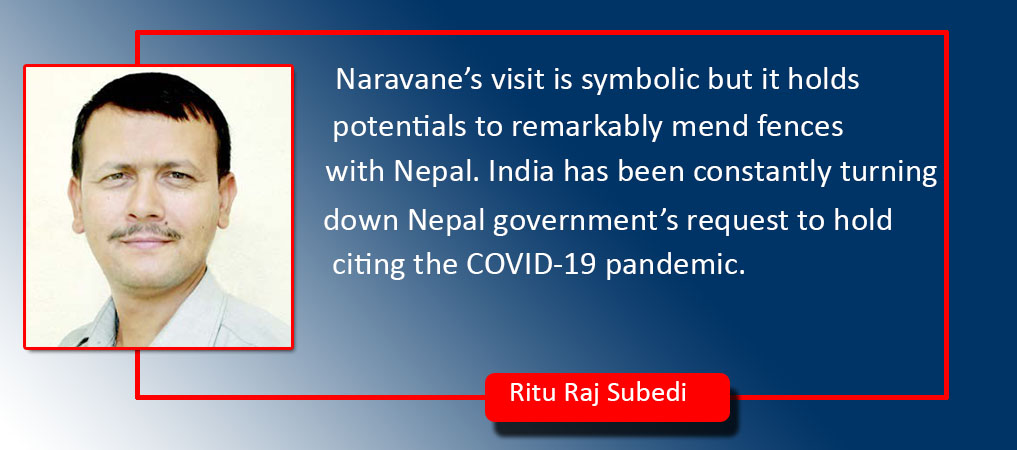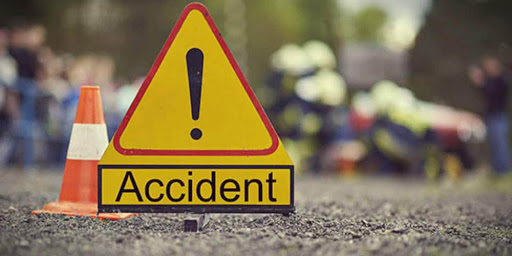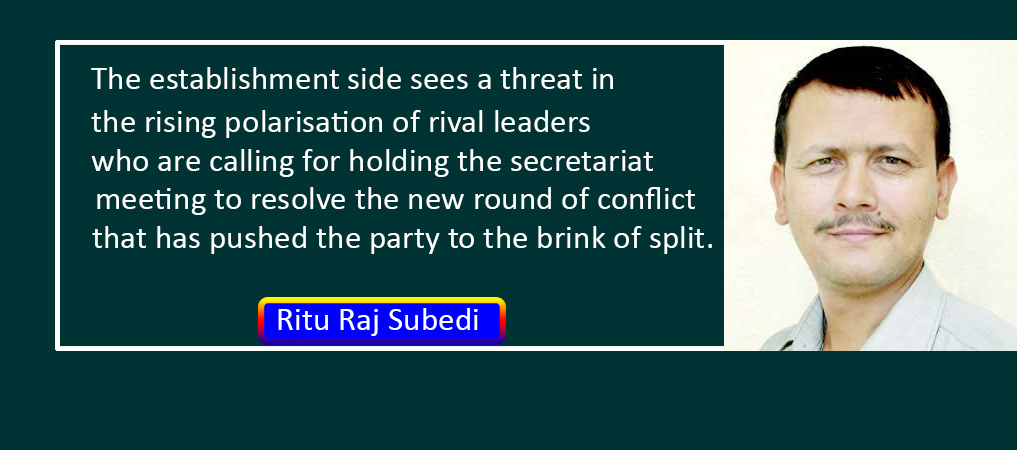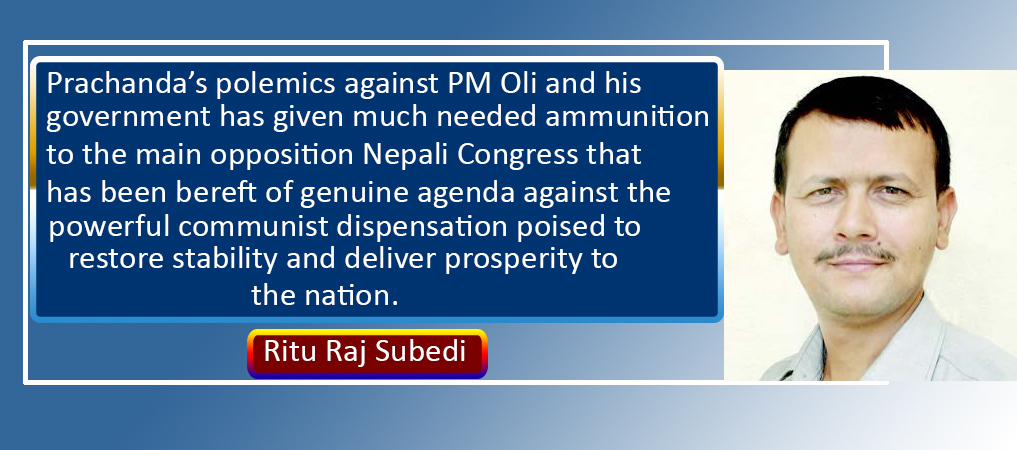Deadlock Mars Court’s Dignity

Ritu Raj Subedi
On Friday afternoon, two advocates kicked and punched each other on the premises of Nepal Bar Association (NBA) building adjacent to the Supreme Court. It was an unexpected, bizarre and dramatic scene that also reflected the growing tension within the country’s apex court. The two legal practitioners entered a brawl following heated arguments whether or not the SC benches should resume hearing on writ petitions in the wake of raging conflict between the Chief Justice (CJ) and SC justices and NBA office-bearers. This unpleasant episode shows how their bickering hurts the justice delivery system and the citizens’ right to get justice without delay.
The ongoing deadlock in the apex court is of serious nature. This is perhaps the first time in the history of country’s judiciary that most of the judges have agitated against the CJ, with NBA and a large segment of legal fraternity, media and civil society members throwing support behind the former. They have levelled a number of charges against CJ Cholendra Shumsher Rana, demanding his resignation. CJ Rana has been accused of being involved in bargaining with the executive for the ‘share’ in the Cabinet and constitutional bodies through give and take, deferring hearing on the writs related to the appointments made by the Constitutional Council and ignoring implementation of the recommendations of a report prepared to reform the judiciary, among others. CJ Rana has categorically denied all accusations, stating that he was committed to protecting the constitution and court’s dignity.
Ultimatum
On Friday too, justices boycotted the benches and hearing on the writs could not take place. The NBA issued a five-day ultimatum to the CJ to tender resignation from the post. It has announced protest programmes to mount pressure on the CJ to step down. The impasse has deepened as both the sides have dug in their heels, hardening their positions. This has complicated the efforts to find a middle ground. SC justices have asked the CJ to give a way out by resigning from the post for the sake of the court’s integrity. On the other, CJ has argued that if he has to resign, then all judges should step down too. He has challenged his opponents to remove him through the due constitutional process, meaning that he is ready to face impeachment in the House.
But, both ruling and opposition political forces are not in a mood to indict the CJ though they hold different positions on the quarrel between the CJ and the judges. Main opposition CPN-UML chair KP Sharma Oli, whose party commands the largest number of seats in the federal parliament, seems eager to use their bickering to settle a score. He demanded that all judges who unanimously decided to reinstate the HoR should resign from their posts. Oli sees the House reinstatement as the factor behind the current deadlock in the SC. He still bears grudge against these justices whose historic verdict sent him packing from Baluwatar.
Irked by Oli’s statement, Nepali Congress president and Prime Minister Sher Bahadur Deuba warned him not to make ‘irresponsible’ remarks, and insisted that the 5-member Constitutional Bench protected the constitution and democracy. In a similar vein, NCP-Unified Socialist chairman Madhav Kumar Nepal said that their verdict had safeguarded the constitution and the House. Nepal hit back Oli stating that the latter’s past deeds to ‘politicise’ and use court to meet partisan interest had resulted in the current situation. It is clear that the ruling alliance is not in a mood to impeach the CJ as there are not concrete and evidence-based charges to indict him though the moral pressure is piling on him to quit.
The ongoing deadlock in the apex court does not bode well for the federal republican system. This has continued to erode the image and credibility of judiciary considered the last custodian of democracy. Nepal’s apex court has played an important role in defending democracy, press freedom, human rights and social justice. Even during the autocratic Panchayat system, pro-democracy fighters looked up to the court to free themselves from the dark cells of prisons and police excesses. The court had issued many an order to release the political prisoners during the reign of autocratic monarchy. Following the restoration of multiparty democracy, the court had made decisions in favour of national interests, border security and citizens’ fundamental rights. One must not forget that it had also quashed the royal commission created during the rule of king Gyanendra.
Historic verdict
Just a few months back, the SC had made a historic verdict that reinstated the House of Representatives (HoR) and ordered to appoint Deuba as the new PM in support of the five-party alliance. The court dared to rein in the authoritarian proclivity of former prime minister Oli, who dissolved the HoR twice in a span of six months. It had brought the derailed constitution back on track by giving a new lease of life to the dissolved House. The dissolution of the House had risked plunging the country into a new round of political instability and disrupting the efforts to institutionalise the federal polity envisaged by the new constitution.
This crisis has taken place at a time when the parliament has been rendered dysfunctional by the main opposition UML. The judiciary and legislature are two vital democratic institutions to keep the arbitrary behaviour of the executive in check and ensure the rule of law, effective service delivery and good governance. The SC corrected the mistake of the executive by restoring the parliament, the supreme body of elected representatives. Democracy thrives only when public institutions are strengthened and function to fulfil public expectations.
(Deputy Executive Editor of The Rising Nepal, Subedi writes regularly on politics, foreign affairs and other contemporary issues. subedirituraj@yahoo.com)
Recent News

Do not make expressions casting dout on election: EC
14 Apr, 2022
CM Bhatta says may New Year 2079 BS inspire positive thinking
14 Apr, 2022
Three new cases, 44 recoveries in 24 hours
14 Apr, 2022
689 climbers of 84 teams so far acquire permits for climbing various peaks this spring season
14 Apr, 2022
How the rising cost of living crisis is impacting Nepal
14 Apr, 2022
US military confirms an interstellar meteor collided with Earth
14 Apr, 2022
Valneva Covid vaccine approved for use in UK
14 Apr, 2022
Chair Prachanda highlights need of unity among Maoist, Communist forces
14 Apr, 2022
Ranbir Kapoor and Alia Bhatt: Bollywood toasts star couple on wedding
14 Apr, 2022
President Bhandari confers decorations (Photo Feature)
14 Apr, 2022
